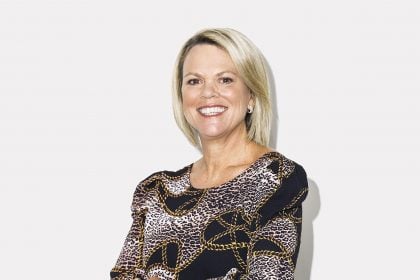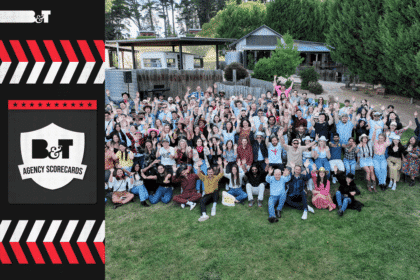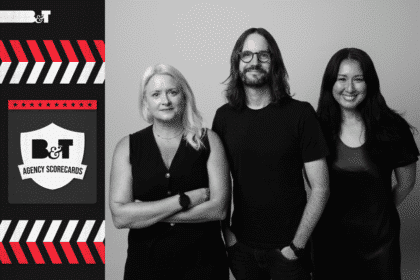Two-thirds of men in Australia and New Zealand believe that traditional ideas of masculinity are being attacked, while 63 per cent of men believe that men have less power today than in their parents’ generation, according to new research by Getty Images.
(Lead Image: Getty Images. Thomas Barwick)
The findings reveal changing attitudes towards masculinity and manhood, with diverging views between male and female respondents on what it means to be a man. The findings were revealed in its latest VisualGPS study, which captured the sentiment of 7500 adults in over 25 countries worldwide, with a nationally representative sample of 500 adults surveyed across ANZ.
“The latest VisualGPS research reveals that both men and women are changing their attitudes around what it means to be a man, however traditional norms of masculinity still prevail among men,” said Kate Rourke, APAC head of creative content at Getty Images. “The findings suggest the need for more visual campaigns and education that normalise sharing emotions and model new behaviours that show the full spectrum of being human among men in an authentic way.”
A gender gap on perceptions and attitudes towards masculinity
In ANZ, 61 per cent of respondents believe that the traditional attributes that men have or should have are being re-evaluated, slightly above global respondents (60 per cent) and APAC respondents (57 per cent).
Men and women share similar sentiments that men should be whoever they want to be independent of social expectations, at 81 per cent and 89 per cent respectively. Further, 84 per cent of men and 90 per cent of women believe that men should embrace being nurturing, emotionally sensitive and vulnerable.
However, a gender gap exists when it comes to attitudes towards traditional masculinity, with 85 per cent of men believing they should be “strong, assertive and dependable”, compared to only 64 per cent of women. Further, two thirds of men (66 per cent) believe that traditional ideals of masculinity including dominance, power and assertiveness are “being attacked”, compared to 56 per cemt of women.
A greater number of men also believe that men have “less power” than in their parents’ generation, with 63 per cent of men agreeing to this sentiment, compared to 51 per cent of women.
“While our VisualGPS research shows most men believe they should be vulnerable and express emotions, many still embody traditional ideals associated with masculinity, around the need for men to be strong, tough and dominant,” said Kate. “These attitudes could be influenced by what they see on social media and harmful gender roles perpetuated in media and advertising.”
Media and advertising is still showing stereotypical visuals of men
Data from Getty Images’ ANZ VisualGPS search and download trends also reveals that traditional norms of masculinity could be informing visual culture, in media, advertising and marketing.
‘Businessmen’ is one of the top search keywords used by Australian companies to visualise men, with almost two in three images featuring men showing them “working hard” or in a work environment. More than half of visuals featuring “working men” are likely to take place in a (mostly) white collar, business environment, with Gen Z least likely to be portrayed in this setting.
“Many companies could be unconsciously choosing stereotypical images of men that reinforce old ideals of manhood and what success looks like,” said Kate. “We know the impact that visual communication can have in shaping attitudes and behaviours and the data shows that people expect more diverse portrayals of men that reflect them and the world around them.”
“Our search data indicates a need to visualise men in broader ways to help to redefine masculinity and challenge gender roles, by showing them authentically in their real lifestyles and being inclusive of their intersecting identities such as sexual orientation, disability and ethnicity.”








